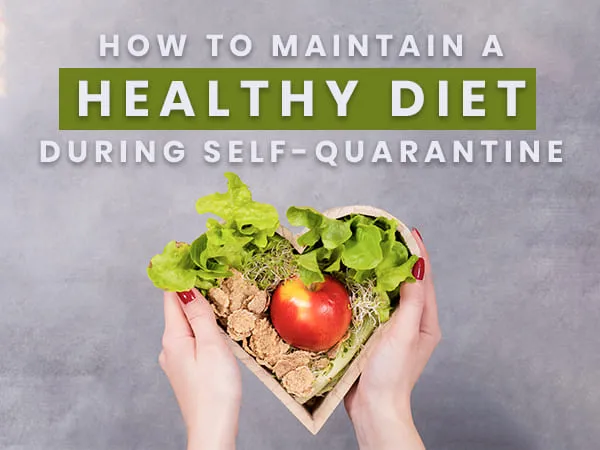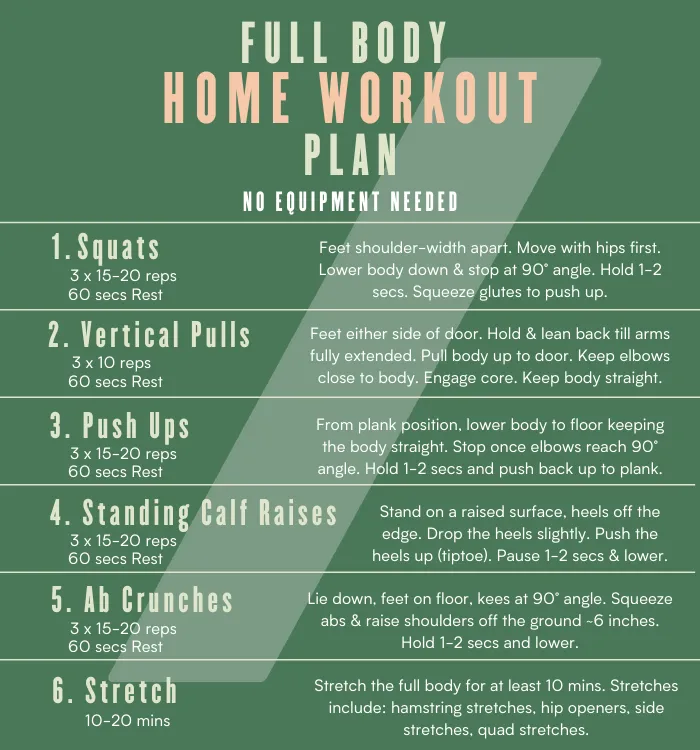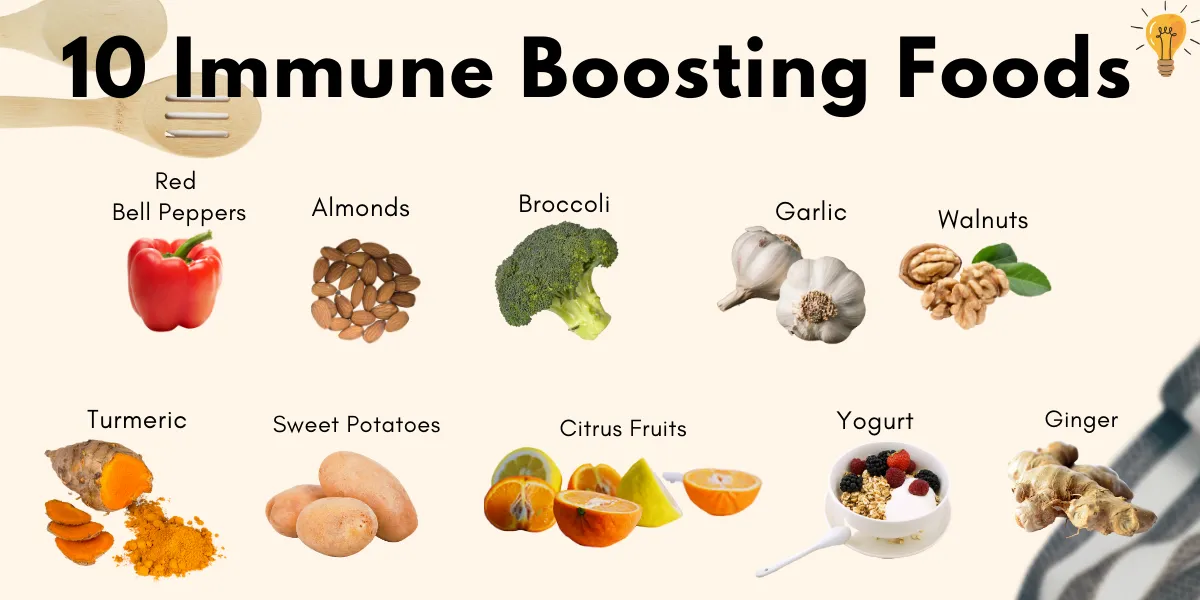Maintaining a healthy diet is essential for overall well-being. It helps manage weight, supports mental health, boosts energy levels, and reduces the risk of chronic diseases. However, with busy lifestyles, tempting junk food, and conflicting diet trends, sticking to a balanced eating plan can feel challenging.
In this article, we’ll explore practical tips and strategies to help you maintain a healthy diet, offering advice on what to eat, how to plan meals, and how to build lasting habits for long-term health.
Why Maintaining a Healthy Diet is Important
A healthy diet is the foundation of good health. It provides the necessary nutrients that the body needs to function effectively, and it can improve quality of life in various ways:
- Supports Weight Management: Eating nutrient-dense foods helps maintain a healthy weight, reducing the risk of obesity-related conditions like diabetes, heart disease, and high blood pressure.
- Boosts Energy: Proper nutrition ensures that the body receives the energy it needs for daily activities and physical exertion.
- Enhances Mental Clarity: A balanced diet rich in vitamins and minerals supports brain function, improving concentration, memory, and mental health.
- Reduces the Risk of Chronic Diseases: Healthy eating habits reduce the risk of conditions such as cardiovascular disease, type 2 diabetes, and certain types of cancer.
- Improves Immune Function: A nutrient-rich diet strengthens the immune system, helping the body defend itself against infections and illnesses.
Key Components of a Healthy Diet
A healthy diet is one that provides all the essential nutrients the body needs in the right amounts. These include carbohydrates, proteins, fats, vitamins, minerals, and water. Let’s break down each of these components:
1. Carbohydrates
Carbohydrates are the body’s primary source of energy. They can be found in whole grains, fruits, vegetables, and legumes. Unlike refined carbs, such as those found in white bread and sugary snacks, complex carbohydrates provide steady energy and are rich in fiber, which aids digestion.
- Good sources of carbohydrates: Whole grains (brown rice, quinoa, oats), starchy vegetables (sweet potatoes, squash), fruits (apples, berries), and legumes (beans, lentils).
- Limit: Processed foods and sugary snacks (soda, candy, baked goods).
2. Proteins
Proteins are essential for building and repairing tissues, including muscles, skin, and organs. They also play a key role in immune function and hormone production. Proteins can come from both animal and plant sources.
- Good sources of protein: Lean meats (chicken, turkey), fish, eggs, dairy products, tofu, legumes, and nuts.
- Limit: High-fat meats and processed meats (sausages, bacon), which may contribute to heart disease when consumed in excess.
3. Fats
Fats are vital for energy, cell function, and the absorption of certain vitamins. However, not all fats are created equal. Unsaturated fats, found in foods like olive oil, nuts, and avocados, are beneficial for heart health. Saturated fats and trans fats, found in fried foods, pastries, and fatty cuts of meat, should be limited.
- Good sources of healthy fats: Avocados, nuts, seeds, olive oil, fatty fish (salmon, mackerel), and flaxseeds.
- Limit: Fried foods, trans fats (often found in packaged baked goods), and excessive amounts of butter.
4. Vitamins and Minerals
Vitamins and minerals are essential for a wide range of bodily functions, including immune support, bone health, and energy production. A varied diet rich in colorful fruits and vegetables helps ensure you get an adequate supply of vitamins and minerals.
- Good sources of vitamins and minerals: Leafy greens (spinach, kale), citrus fruits (oranges, lemons), berries, carrots, sweet potatoes, and dairy products.
- Key vitamins to focus on: Vitamin C (immune health), Vitamin D (bone health), and Vitamin A (vision and skin health).
- Minerals to focus on: Calcium (bone health), potassium (blood pressure regulation), and magnesium (muscle and nerve function).
5. Water
Water is essential for hydration, digestion, and overall bodily functions. It helps regulate body temperature, transports nutrients, and removes waste. Aim to drink at least 8 cups (64 ounces) of water a day, more if you’re physically active or live in a hot climate.
- Hydration tips: Drink water regularly throughout the day, especially before, during, and after exercise. Avoid sugary beverages like soda or sugary coffees, which provide empty calories and can lead to weight gain.
Tips for Maintaining a Healthy Diet
Now that we understand the key components of a healthy diet, here are practical tips to help you maintain healthy eating habits consistently:
1. Plan Your Meals in Advance
Planning your meals ahead of time can help you make healthier choices and avoid last-minute temptations. Set aside time each week to plan meals, make a shopping list, and prepare ingredients. This can help you stay on track with your nutrition goals.
- Try meal prepping: Prepare meals in advance for the week. This reduces the chances of grabbing unhealthy fast food or snacks when you’re pressed for time.
- Use a meal planner: There are many online tools and apps that can help you plan balanced meals and create shopping lists.
2. Incorporate More Fruits and Vegetables
Fruits and vegetables are packed with essential vitamins, minerals, and fiber. Aim to fill half your plate with vegetables and fruits at every meal. Try to eat a variety of colors to ensure you’re getting a wide range of nutrients.
- Try new vegetables: Experiment with different vegetables to find ones you enjoy. Roasted vegetables, smoothies, and salads are all great ways to incorporate more into your diet.
- Keep them visible: Store fruits and vegetables in easily accessible places to encourage healthier snacking.
3. Practice Portion Control
Portion control is key to maintaining a healthy diet and preventing overeating. Use smaller plates and bowls to help manage portion sizes and avoid overeating. Pay attention to hunger and fullness cues to ensure you’re eating the right amount.
- Mindful eating: Slow down and savor each bite. Eating mindfully can help prevent overeating and allow you to better recognize when you’re full.
4. Limit Processed Foods
Processed foods are often high in unhealthy fats, added sugars, and sodium. These foods can contribute to weight gain and increase the risk of chronic diseases. Focus on whole, unprocessed foods as much as possible.
- Cook at home: Preparing meals from scratch allows you to control the ingredients and avoid hidden additives and preservatives.
- Read food labels: When buying packaged foods, look for labels that are low in added sugars and unhealthy fats.
5. Snack Wisely
Snacking can be part of a healthy diet, but choosing the right snacks is important. Opt for whole, nutrient-dense snacks like fruits, nuts, yogurt, or hummus with veggies.
- Prepare healthy snacks: Prepare snacks like cut-up vegetables, fruit, or a handful of nuts to have on hand when hunger strikes.
6. Stay Consistent, Not Perfect
It’s important to remember that maintaining a healthy diet is a long-term commitment, not a short-term fix. Allow yourself the occasional treat or indulgence without feeling guilty. The key is consistency and balance, not perfection.
- Don’t stress over occasional indulgences: It’s okay to have a slice of cake or pizza once in a while. What matters most is the overall quality of your diet.
7. Listen to Your Body
Pay attention to how different foods make you feel. Some people may feel energized after eating whole grains, fruits, and vegetables, while others may feel sluggish after consuming heavy, processed foods. Learning what works best for your body can help you make better food choices.
- Notice energy levels: If you feel sluggish after meals, try adjusting your food choices by incorporating more whole foods and fewer processed ones.
Conclusion
Maintaining a healthy diet is essential for overall health and well-being. By incorporating balanced meals, practicing portion control, and staying consistent with healthy choices, you can improve your energy levels, boost your immune system, and reduce the risk of chronic diseases. Remember that a healthy diet is not about perfection, but rather making mindful, nourishing choices that support long-term health.




